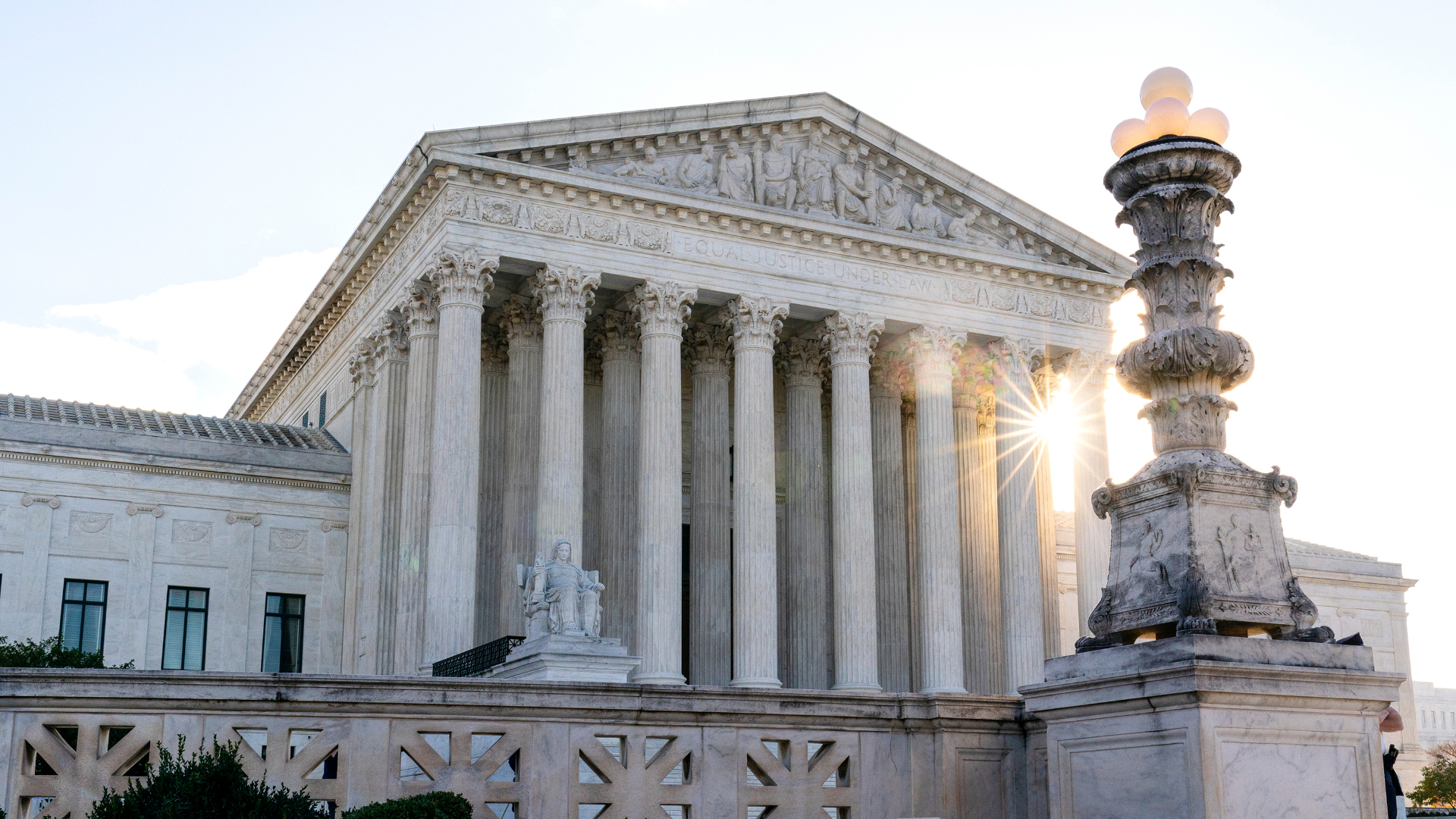NASHVILLE, Tenn. (WKRN) — Tennessee Attorney General Jonathan Skrmetti is spearheading a lawsuit involving 14 states against the Department of Health and Human Services (HHS), alleging that a recent rule change restricts their ability to investigate cases effectively.
The lawsuit, filed in the U.S. District Court for the Eastern District of Tennessee, Knoxville, argues that the HHS rule imposes new barriers to accessing reproductive health care information without patient consent.
This rule was introduced following the Dobbs v. Jackson Women’s Health Organization Supreme Court decision, which overturned federal abortion protections.
Background on the Rule Change

The HHS updated a 2000 privacy rule governing how law enforcement could access health records. The 2000 rule permitted the release of health records for legitimate law enforcement inquiries under specific, limited conditions.
However, the revised rule now includes enhanced protections for reproductive health care data, broadly redefining what falls under this category.
The rule requires any disclosure of protected health information to include a written attestation meeting specific criteria, which the lawsuit claims hinders state-level investigations.
HHS finalized the rule on June 25, 2024, giving healthcare providers until December 23, 2024, to comply fully.
Impact on State Investigations
The lawsuit asserts that the rule prevents states with abortion restrictions from using reproductive health data in criminal, civil, or administrative investigations.
Skrmetti criticized the rule as “unlawful and impractical,” claiming it was politically motivated to block enforcement of conservative state laws.
In particular, the lawsuit cites an ongoing consumer protection case involving a Nashville fertility clinic.
The state alleges that the rule has obstructed their investigation by preventing access to patient data deemed relevant to the case.
What the Lawsuit Seeks
The states involved in the lawsuit are asking the court to:
- Declare the HHS rule unlawful.
- Temporarily halt its enforcement while litigation is ongoing.
- Permanently block the rule from taking effect.
Skrmetti emphasized the broader implications of the rule, stating it creates significant obstacles for investigating potential misconduct by healthcare providers.
The case highlights the tension between federal privacy regulations and state-level enforcement of laws governing reproductive health care.







Leave a Comment